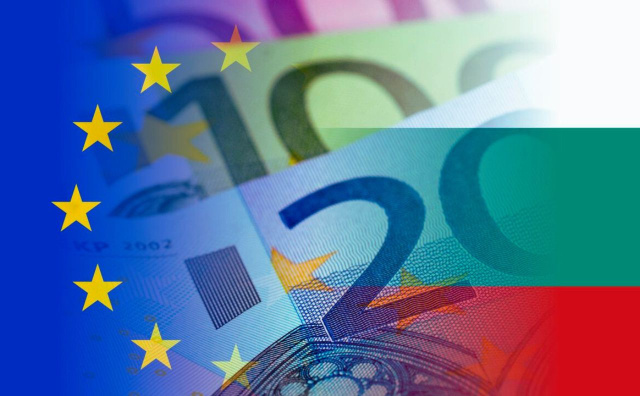
Bulgaria is approaching the final stage of preparing to adopt the euro as its official currency, scheduled for January 1, 2026. Minister of e-Government Valentin Mundrov highlighted this during a discussion in Vratsa, part of a nationwide campaign aimed at raising awareness about the benefits of joining the eurozone. Mundrov praised Vratsa’s municipal administration, led by Mayor Kalin Kamenov, for being fully adapted to handle transactions and administrative processes in euros. “Our goal is for all state and local systems to be fully prepared by January 1, 2026, ensuring a smooth and secure transition,” the Minister noted.
Mundrov emphasized that the euro represents trust, stability, and digital integration, framing the change as more than a financial shift but as a key element in building a connected and efficient society. The Ministry of e-Government oversees the adaptation of information systems across administrations, with progress made visible through a public electronic platform that allows citizens and businesses to monitor readiness in real time. Currently, the readiness of Bulgarian administrations exceeds 98%. The Minister also noted that adopting the euro will simplify cross-border payments, lower interest rates, improve access to capital, and strengthen trust with international partners. “Our aim is to make this transition transparent, secure, and convenient for every citizen. With coordinated efforts between the state and municipalities, the euro will mark a major step forward toward a modern and prosperous Bulgaria,” Mundrov concluded.
Deputy Minister of Economy and Industry Nevena Lazarova also underscored the long-term economic benefits of joining the eurozone during the same event. She described euro adoption as a strategic decision that strengthens economic sustainability and provides greater security for businesses and citizens. Lazarova highlighted the euro as a symbol of financial stability and mutual trust, noting that Bulgaria has already begun to see positive effects, including improved credit ratings and enhanced confidence from international markets.
The Deputy Minister emphasized that the transition must be smooth, transparent, and well-informed, ensuring that businesses have ample time and guidance to prepare. The Ministry has developed methodological guidelines through a working group under the Coordination Council for eurozone preparation, covering three main areas: adaptation of accounting documents and transition to the new currency, information system upgrades, and rules for dual price display and cash handling.
The information meeting in Vratsa brought together high-level officials, including Mundrov, Deputy Minister of Innovation and Growth Martin Danovski, and Mayor Kamenov, alongside local authorities, business representatives, and citizens. Lazarova stressed that the Ministry will continue to support businesses with explanations and methodological assistance to ensure a smooth transition. Both officials reaffirmed that the euro represents a step toward a more stable, trusted, and integrated Bulgarian economy, while the country prepares to fully embrace its entry into the eurozone.



